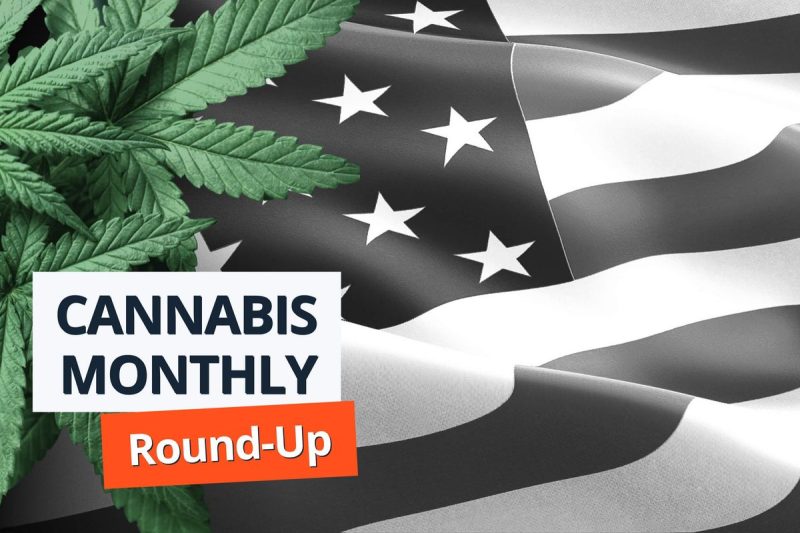The United States Sets Date for Cannabis Rescheduling Hearing Amid Growing State Markets
On the heels of various states legalizing cannabis for both medical and recreational use, the United States has slated a date for a critical hearing regarding the rescheduling of cannabis. The hearing comes at a time when the cannabis industry is experiencing exponential growth in several states.
This pivotal hearing is scheduled to take place in the upcoming months, bringing together policymakers, medical professionals, industry experts, and advocates to deliberate on the potential rescheduling of cannabis at the federal level. The outcome of this hearing could have far-reaching implications for the industry as a whole.
One of the primary drivers behind the push for rescheduling cannabis is its widespread recognition for its medicinal properties. Many scientific studies have substantiated the therapeutic benefits of cannabis in treating various health conditions such as chronic pain, epilepsy, PTSD, and more. By rescheduling cannabis, it could pave the way for increased research, accessibility, and acceptance of cannabis-based therapies.
Furthermore, the booming state markets are indicative of the strong demand and economic potential of the cannabis industry. States that have legalized cannabis have witnessed a surge in tax revenues, job creation, and overall economic development. Rescheduling cannabis at the federal level could further legitimize the industry, leading to enhanced regulation, taxation, and market stability.
The current patchwork of state laws regarding cannabis has created a complex regulatory landscape, making it challenging for businesses to operate seamlessly across state lines. A federal rescheduling of cannabis could streamline regulations, facilitate interstate commerce, and foster a more cohesive industry ecosystem.
However, there are also concerns and reservations surrounding the potential rescheduling of cannabis. Critics argue that rescheduling cannabis could open the floodgates for big corporations to dominate the market, squeezing out smaller businesses and compromising product quality and safety standards. Additionally, there are fears about the impact of rescheduling on public health and safety, particularly concerning underage consumption and driving under the influence.
Ultimately, the upcoming hearing on cannabis rescheduling in the United States is poised to be a pivotal moment for the industry. The outcomes of this hearing will not only shape the future trajectory of cannabis policy but also have profound implications for public health, economic development, and social equity. As stakeholders prepare to engage in this critical dialogue, the path forward for cannabis in the United States remains uncertain yet brimming with possibilities.

